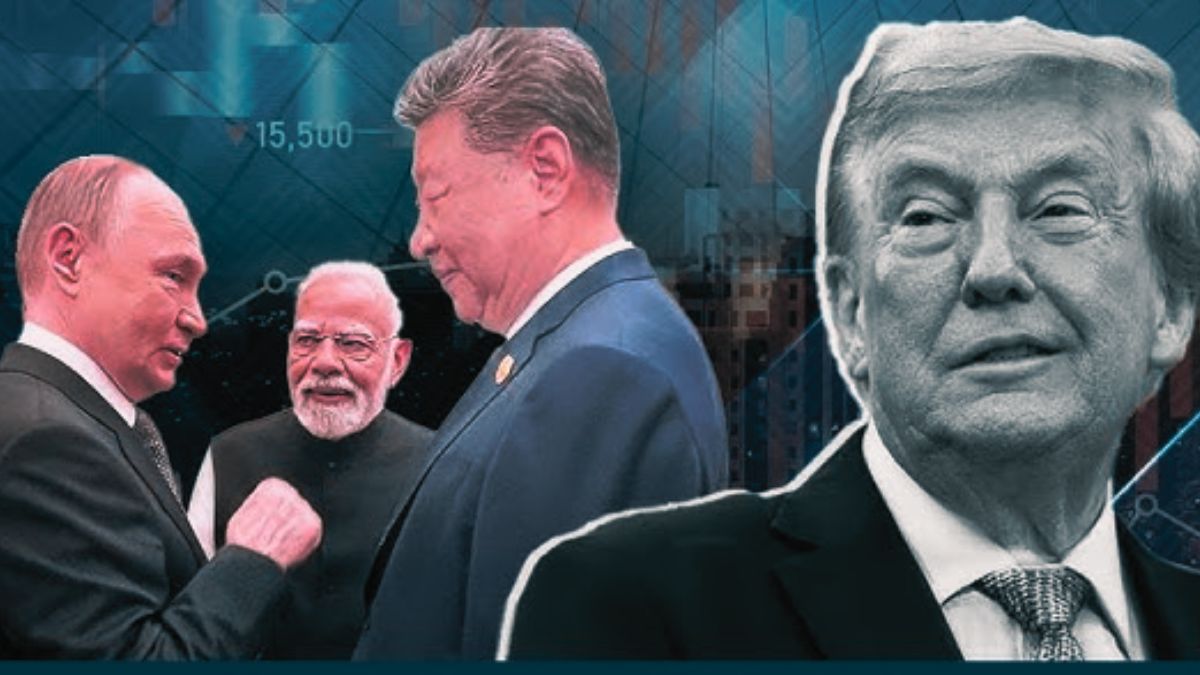Regardless of political perspective, no one could argue that the presidency of Donald Trump and his second term so far in particular has been anything less than consequential, not only for the United States but for the world.
President Donald Trump’s second term has been consequential not only for the United States but for the international order, drawing varied reactions from world leaders at the United Nations General Assembly this week.
From praise to criticism, global leaders weighed in on Trump’s policies, actions and approach to diplomacy, illustrating the polarising impact of his presidency.
French President Emmanuel Macron offered a lighter anecdote reflecting Trump’s logistical presence: after encountering a road closure due to the US president’s motorcade, Macron joked about waiting in the street and requested a discussion on the Gaza situation. The exchange highlighted both Trump’s influence and the informal dynamics he brings to high-level diplomacy.
Chinese Premier Li Qiang, in contrast, highlighted the economic consequences of unilateral measures, noting that global economic stagnation is partly driven by “tariff hikes and erection of walls and barriers,” implicitly referencing Trump’s protectionist policies. He called for collaboration to promote inclusive economic globalization, a direct critique of Trump-era economic unilateralism.
Supporters of Trump, meanwhile, praised his domestic and international measures. Argentina’s President Javier Milei applauded Trump’s stance on illegal immigration and his restructuring of trade and institutional practices, describing them as decisive and transformative.
Armenian Prime Minister Nikol Pashinyan and Cambodian Deputy Prime Minister Sokhonn Prak credited Trump with pivotal roles in mediating peace processes, highlighting his ability to broker ceasefires and facilitate dialogue. Similarly, leaders from Congo, Haiti, and Saint Kitts and Nevis commended Trump’s engagement on peacekeeping and regional security.
Yet criticism was equally pointed. Bolivian President Luis Arce accused Trump of pursuing hegemonic power at the expense of global stability, while Colombian President Gustavo Petro condemned U.S. anti-drug operations and missile strikes, directly implicating Trump. Slovenia’s President Nataša Pirc Musar and Belarusian Foreign Minister Maxim Ryzhenkov voiced concerns over the U.S. withdrawal from international agreements and reduced support for U.N. institutions, framing Trump’s actions as detrimental to multilateralism.
Responses also reflected nuanced stances. Russian Foreign Minister Sergey Lavrov described Trump’s administration as seeking pragmatic cooperation over ideological rigidity, while Ukrainian President Volodymyr Zelenskyy emphasised collaborative potential in meetings with Trump.
Indian Foreign Minister Subrahmanyam Jaishankar highlighted climate action concerns, implicitly critiquing U.S. environmental policies under Trump. Israeli Prime Minister Benjamin Netanyahu praised Trump’s handling of antisemitism, while Palestinian leader Mahmoud Abbas expressed willingness to cooperate with Trump on conflict resolution.
Across the globe, leaders’ reactions to Trump revealed both the reach and the controversy of his presidency. While some hailed him as a decisive problem-solver and peace broker, others portrayed his actions as aggressive, unilateral, and disruptive to international norms.
The U.N. General Assembly thus offered a microcosm of how Trump’s policies are perceived: a mixture of respect, scepticism, and outright opposition, illustrating the enduring and polarising influence of the United States under his leadership.
Whether lauded for diplomacy or criticised for unilateralism, Trump’s approach continues to shape global discourse, leaving an indelible mark on international relations that transcends domestic politics.
End of Article

)

